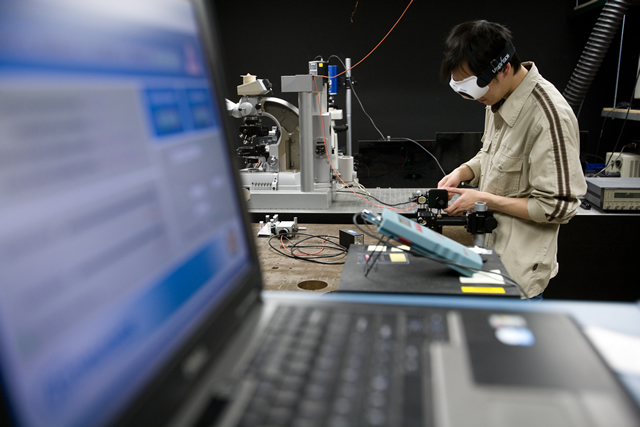
Computer Science ETDs
Publication Date
Spring 4-26-2024
Abstract
As we are entering the era of multi-omic datasets, it is increasingly evident that the complexities of natural systems exceed the capabilities of current computational methodologies. My dissertation research aims to reduce this gap by using computational frameworks to investigate the evolution of complex systems. I apply a model of metabolic networks to predict human embryonic metabolism during peri-implantation (Chapter I), offering insights into the foundations of early human development. This dissertation further examines the basis of the phenotypic evolution of polygenic traits when subjected to directional (Chapter II) and temporally varying environmental shifts (Chapter III), revealing the roles of allele frequency distributions, their shifts, and the resulting genetic variance in the process of rapid phenotypic adaptation. This dissertation elucidates the role of evolution from the micro-scale of developing organisms to the adaptability of whole populations in response to rapid environmental changes, contributing to the understanding of complex biological systems.
Language
English
Keywords
#Computational Biology #Polygenic Traits #Phenotypic Evolution #Metabolic Networks #Human Embryonic Development #Flux Balance Analysis #Slowly Continuous Environmental Shifts #Temporal Environmental Change
Document Type
Dissertation
Degree Name
Computer Science
Level of Degree
Doctoral
Department Name
Department of Computer Science
First Committee Member (Chair)
Dr. Davorka Gulisija
Second Committee Member
Dr. Shuang Luan
Third Committee Member
Dr. Matthew Lakin
Fourth Committee Member
Dr. Chris Kempes
Fifth Committee Member
Dr. Mitchell Newberry
Recommended Citation
Dadashi, Andisheh. "EVOLUTION IN COMPLEX SYSTEMS: A COMPUTATIONAL PRESPECTIVE." (2024). https://digitalrepository.unm.edu/cs_etds/123
